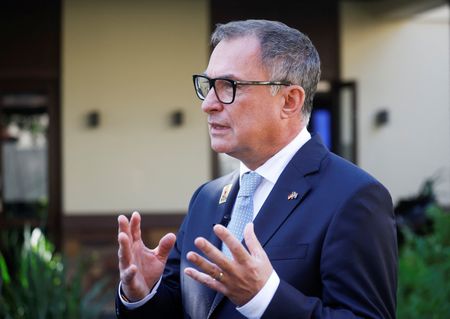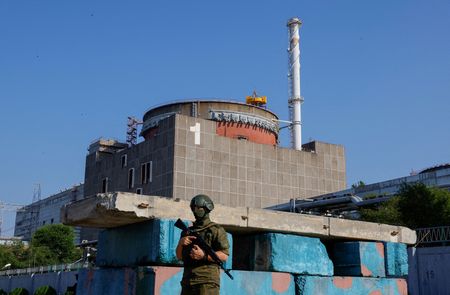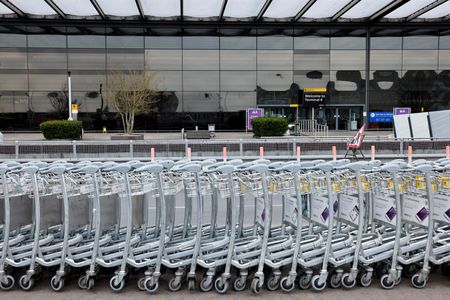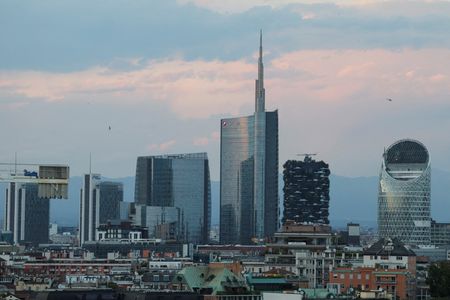By Karin Strohecker
WASHINGTON (Reuters) -Europe needs a mindset shift to ensure more cross-border mergers and acquisitions and Greece hopes it can be at the center of some of them, the country’s finance minister said, singling out infrastructure as a possible target sector.
Speaking on the sidelines of the International Monetary Fund and World Bank annual meetings in Washington, Greece’s Finance Minister Kyriakos Pierrakakis said late on Thursday that more action was needed to ensure Europe would be competitive.
“Throughout Europe, we need more cross-border M&A to achieve the scale necessary in order to compete internationally,” he said, adding that there was a huge opportunity cost of not doing so, which needed to be taken into account in every decision policymakers in the bloc would take.
Pierrakakis said the government strongly supported Euronext’s bid for Hellenic Exchanges – Athens Stock Exchange ahead of a mid-November deadline.
“It would offer the Athens Stock Exchange, and it would offer the Greek economy access to a much broader liquidity pool, which we believe in,” Pierrakakis said, adding that he felt the deal was part of a broader narrative.
Asked which sectors could see the biggest momentum for mergers and acquisitions, he pointed to infrastructure as a core area.
“But … there are many interesting companies in Greece which need to develop further synergies, either on the side of them acquiring other companies in Europe and throughout the world – or vice versa,” he said.
Greece expects its economy to grow faster in 2026, outperforming Europe’s major economies, thanks to higher investment and robust consumer spending, according to the country’s 2026 draft budget.
Part of that expected growth momentum is coming from investments largely financed by the European Recovery Fund, which is set to end in 2026.
Asked whether the end of the Fund could slow future growth, Pierrakakis said he expected its specific projects will have productivity spillover effects which would be felt for years. He noted that private investment also is a driving force.
“The biggest challenge moving forward is how to increase investment further,” he said.
(Reporting by Karin Strohecker; Editing by Paul Simao)










